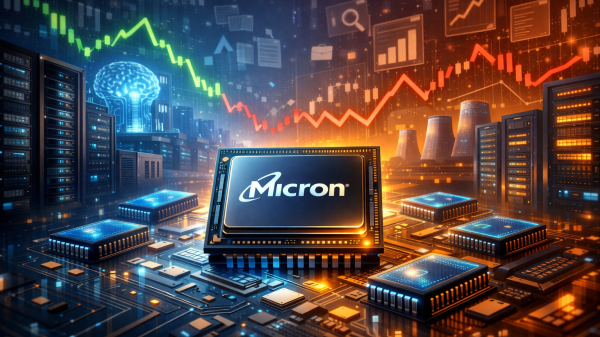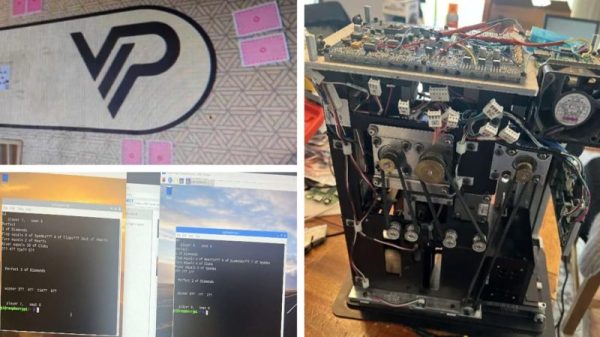Nvidia shares dropped on Tuesday after a report indicated that Meta Platforms is in talks to adopt Google-designed chips for its data-center infrastructure.
Nvidia’s stock was down 3.58% in premarket trade, while shares of Alphabet, Google’s parent, rose more than 4% following the report from The Information.
The Information reported that Meta is considering using Google’s tensor processing units (TPUs) in its data centers starting in 2027.
The discussions also include a plan to rent TPUs from Google Cloud as early as next year, according to people familiar with the talks.
The move would represent a departure from Google’s longstanding strategy of deploying TPUs solely in its own data centers.
Since launching its first-generation TPUs in 2018, Google has advanced the architecture into highly specialised chips for artificial intelligence workloads.
If Meta ultimately adopts TPUs, it would mark a major endorsement of Google’s technology and expand the TPU footprint beyond Google’s internal infrastructure.
Google seeks larger share of booming AI semiconductor market
Google Cloud executives have reportedly argued that supplying TPUs directly to customers could help the company capture as much as 10% of Nvidia’s annual revenue — a multi-billion-dollar opportunity.
The competition comes at a time when hundreds of billions of dollars are being spent globally to build AI-ready data centers.
Industry analysts say TPUs offer Google an advantage because they are custom-designed for AI tasks, potentially providing greater efficiency for large-scale inferencing and training workloads.
That appeal has already attracted other major customers: Google recently agreed to supply up to one million TPUs to Anthropic PBC.
Following that deal, Seaport analyst Jay Goldberg described it as a “really powerful validation” of Google’s chip strategy, noting that more enterprise customers are likely to consider TPUs as an alternative to Nvidia hardware.
Meta’s growing capex could accelerate competition in AI infrastructure
Bloomberg Intelligence estimates that Meta’s anticipated use of Google’s TPUs — particularly for inferencing — suggests large AI model providers may increasingly rely on Google as a secondary chip supplier.
Meta is one of the world’s largest spenders on AI infrastructure, with projected capital expenditure of $70–72 billion this year and at least $100 billion in 2026.
Analysts calculate that Meta could spend between $40 billion and $50 billion next year on inferencing-chip capacity alone.
This could accelerate demand growth for Google Cloud relative to other hyperscale providers, particularly as enterprise customers also seek access to TPUs and Google’s Gemini suite of artificial intelligence models.
Nvidia remains dominant but faces growing pressure from rivals
Despite the emerging competition, Nvidia remains the undisputed market leader in AI hardware.
Its graphics processing units (GPUs) continue to underpin most major AI infrastructure buildouts, and analysts broadly agree that its position is unlikely to be seriously threatened in the near term.
Still, pressure is building. Companies constructing AI data centers have been seeking ways to diversify their chip supply amid persistent demand and concerns about over-reliance on Nvidia.
Google’s expanding TPU program — combined with rising interest from firms like Meta and Anthropic — adds another layer of competition in a market previously dominated by a single supplier.
The decline in Nvidia’s stock also comes as debates intensify around whether an “AI bubble” is forming.
The company issued a stronger-than-expected revenue forecast last week, yet technology stocks broadly weakened afterwards as investors reassessed valuations.
The post Nvidia shares fall as report suggests Meta may shift to Google’s AI chips appeared first on Invezz


































